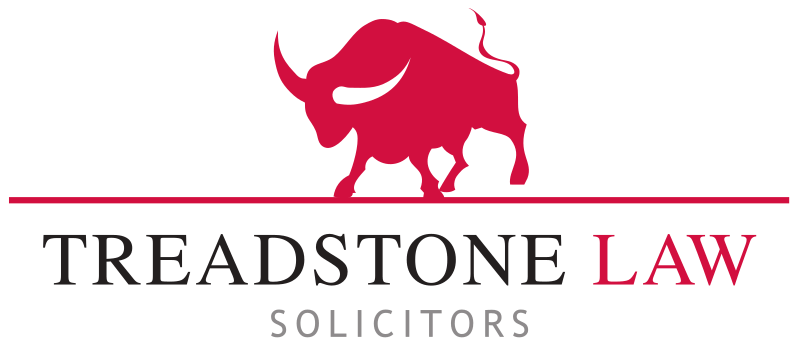 The short answer to this is, ‘Yes, 3 years’. However, the question should really be asked, ‘When does time begin to run?’
The short answer to this is, ‘Yes, 3 years’. However, the question should really be asked, ‘When does time begin to run?’
It is not necessarily from the date that the negligent treatment took place.
You may have been treated negligently, but not know it until a much later date. Generally, therefore, the 3 years begins from the date that you knew negligent treatment had taken place.
Be warned, however, that it may be reasonable to assume that you knew or ought to have known at some point, ignorance is not, therefore, bliss!
This time limit comes from the 1980 Limitation Act, Section 11 – which states, ‘Any action for damages, for negligence, nuisance or breach of duty where the damages claimed consist of or include damages in respect of personal injuries – the time limit is 3 years.’ This means that for the vast majority of types of injury claim, the claim must be taken to court within 3 years from the date of the accident. This definition catches most, but not all claims for personal injuries. It doesn’t cover claims for intentional assault, malicious prosecution or false imprisonment. The starting date for counting the 3 years may alternatively be a later date on which the claimant first had elements of the knowledge of the breach of duty/negligence complained of.
The burden is on the claimant to show that hisher date of knowledge is later than the date of the cause of action. That is, to say the burden is on the claimant to establish that they did not know the treatment was negligent at the time the negligent treatment took place. This is perfectly possible in the clinical negligence scenario, as results of the treatment may not be known for some time . There have been so many cases about interpreting the Limitation Act that it is important to get immediate and proper legal advice as to when the date of knowledge arises.
The law states at Section 14 that a person must know that the injury in question was significant and that the injury was attributable in whole or part to the act or omission of the hospital/doctor and knew the identity of the Defendant.
The above knowledge can be implied upon a claimant if a reasonable series of information has been provided to the claimant at that time.
Very often a full and detailed statement will need to be taken from the claimant to ascertain the date of knowledge if it is not immediate and apparent.
Furthermore, close perusal of medical records may actually reveal treatment and advice offered, by an independent doctor which will actually confirm the date that time begins to run.
In every single case it is important to obtain early proper legal advice.
If you have any questions or queries, please do not hesitate to contact our Clinical Negligence Team at Treadstone Law on email claim@treadstonelaw.co.uk or Tel No. 0161 685 0070.


 The short answer to this is, ‘Yes, 3 years’. However, the question should really be asked, ‘When does time begin to run?’
The short answer to this is, ‘Yes, 3 years’. However, the question should really be asked, ‘When does time begin to run?’ The burden is on the claimant to show that hisher date of knowledge is later than the date of the cause of action. That is, to say the burden is on the claimant to establish that they did not know the treatment was negligent at the time the negligent treatment took place. This is perfectly possible in the clinical negligence scenario, as results of the treatment may not be known for some time . There have been so many cases about interpreting the Limitation Act that it is important to get immediate and proper legal advice as to when the date of knowledge arises.
The burden is on the claimant to show that hisher date of knowledge is later than the date of the cause of action. That is, to say the burden is on the claimant to establish that they did not know the treatment was negligent at the time the negligent treatment took place. This is perfectly possible in the clinical negligence scenario, as results of the treatment may not be known for some time . There have been so many cases about interpreting the Limitation Act that it is important to get immediate and proper legal advice as to when the date of knowledge arises.